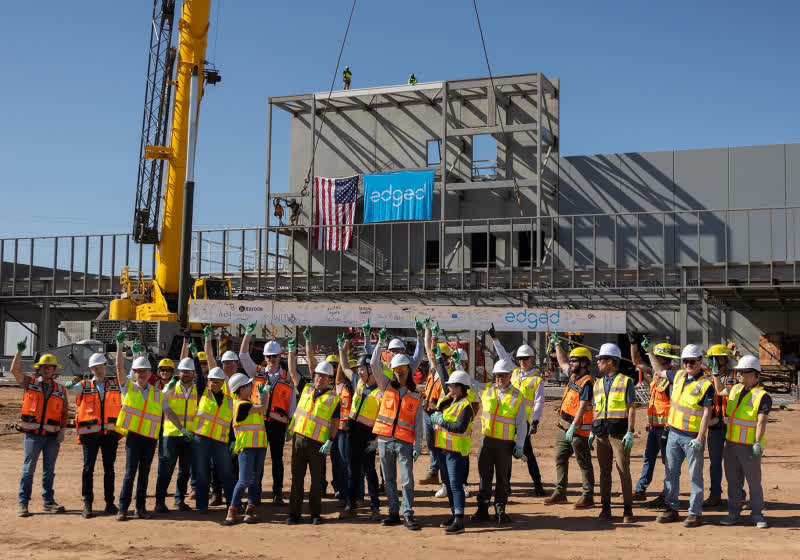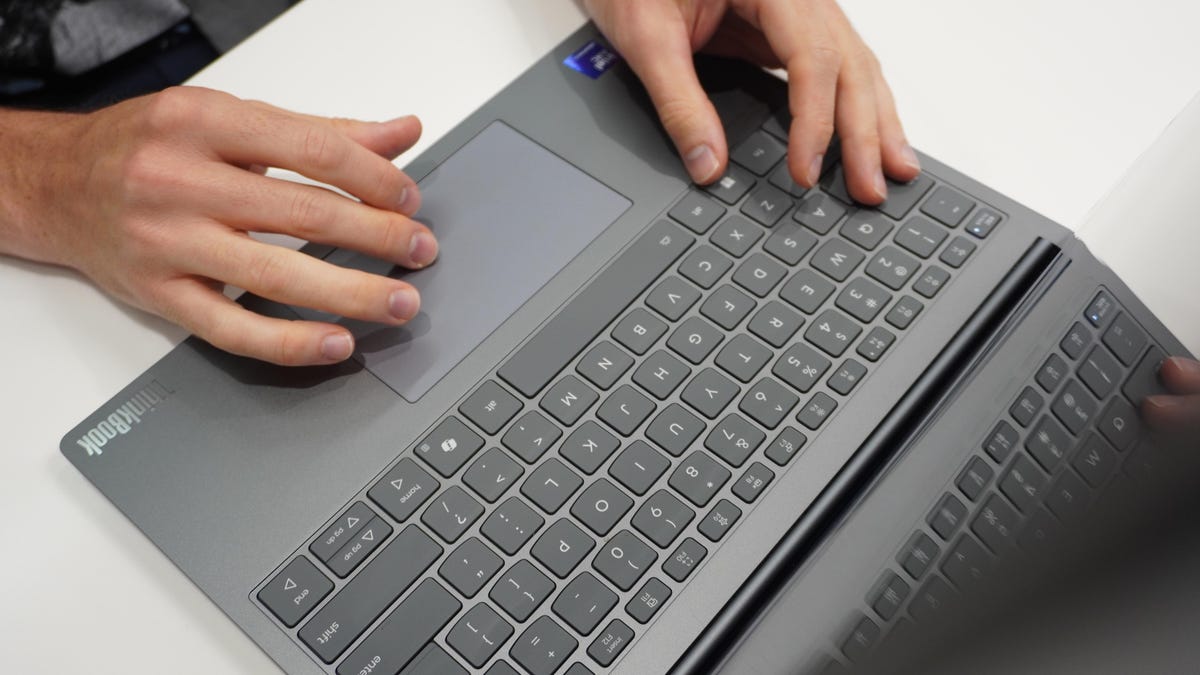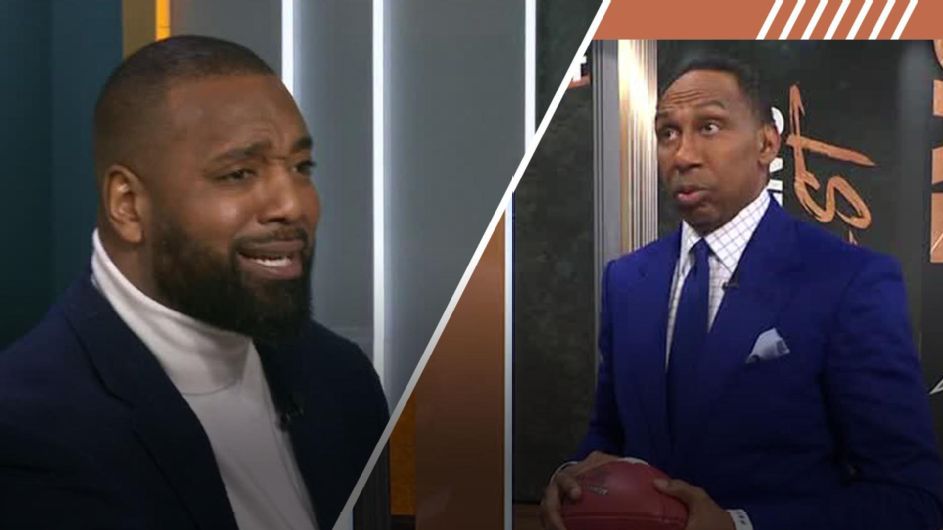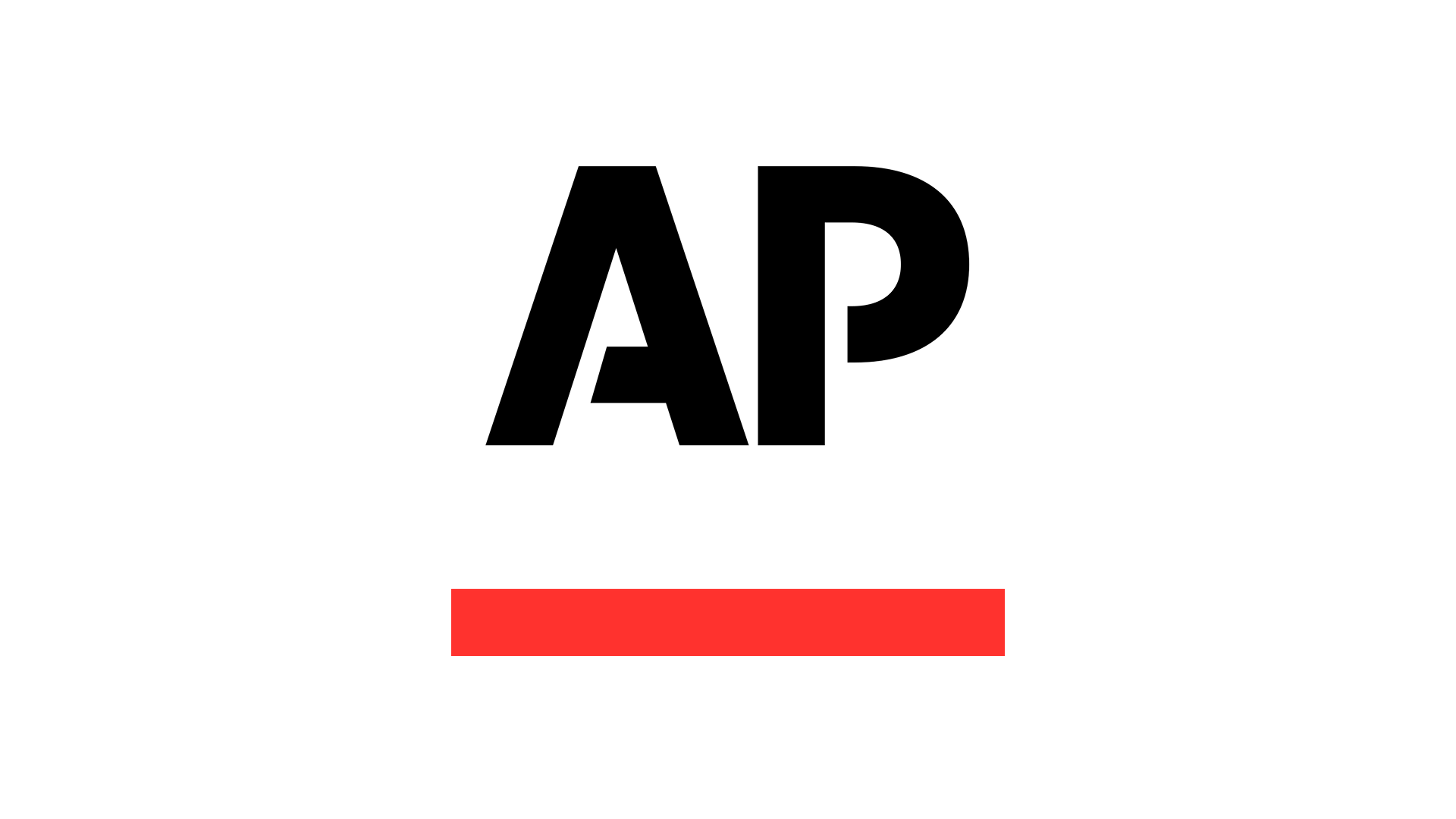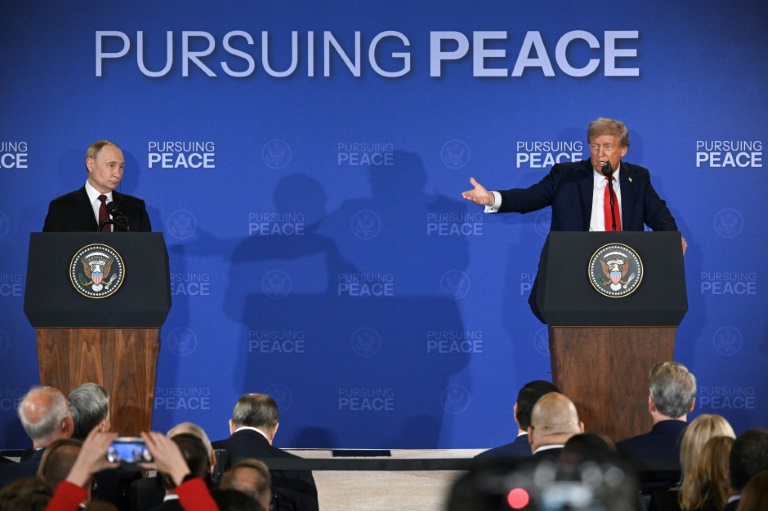
European leaders are attempting to maintain their influence following the recent summit between Russian President Vladimir Putin and US President Donald Trump, which ended without a deal concerning Ukraine. The absence of an agreement has provided a silver lining for Europe, as it avoids being entirely sidelined during a critical moment for the continent’s future. According to Alberto Alemanno, a professor of law at HEC university in Paris, the lack of a deal is beneficial for both Ukraine and European nations, given the serious risk of a “new European security map” being drawn up while Ukrainian President Volodymyr Zelensky and European leaders remained passive observers.
In the lead-up to the summit in Alaska, European leaders made efforts to assert their position through urgent calls and meetings. On Saturday, the French presidency announced that leaders from Britain, France, and Germany would host a video call to discuss peace initiatives for Ukraine. This meeting is scheduled for Sunday, just a day before Zelensky is expected to meet with Trump in Washington, marking a significant moment five months after his previous Oval Office visit ended with a televised reprimand.
European leaders have proposed a three-way summit involving Zelensky, Putin, and Trump, but the likelihood of Russia engaging in such discussions remains low. Since invading Ukraine in February 2022, Russia has faced 18 rounds of European sanctions, and Putin’s recent remarks indicate a firm stance against European involvement. He cautioned Ukraine and its allies against creating “obstacles” or engaging in “provocation or behind-the-scenes intrigues.”
James Nixey, a specialist in Russian foreign policy, highlighted that Putin’s intent appears to be to keep European nations sidelined while the US maintains its role in negotiations. After receiving updates from Trump and Zelensky on Saturday, European leaders convened their own video call to strategize their next steps. They collectively stated that Moscow “cannot have a veto” over Ukraine’s aspirations to join the European Union or NATO. Among those contributing to the statement were French President Emmanuel Macron, German Chancellor Friedrich Merz, UK Prime Minister Keir Starmer, and European Commission President Ursula von der Leyen. Macron emphasized the need for increased pressure on Russia until a “solid and durable peace” is achieved.
Despite these efforts, Alemanno notes that European leaders have historically avoided direct engagement with Putin. Now, they find themselves in a position where they must navigate a complex diplomatic landscape without clear terms of engagement. This has left them feeling somewhat trapped in their approach.
The urgency of the situation is exacerbated by Trump’s recent statements indicating a willingness to withdraw from the conflict, despite his previous campaign promise to resolve it within “24 hours.” Danish Prime Minister Mette Frederiksen expressed her concerns, stating in an interview with the Jyllands-Posten newspaper that, “Each morning when I wake up, my first thought is that we have to re-arm ourselves even faster.”
As European leaders grapple with their role in this evolving crisis, the dynamics of international diplomacy are increasingly complex, with implications that could shape the future of not only Ukraine but also the broader European security landscape.
